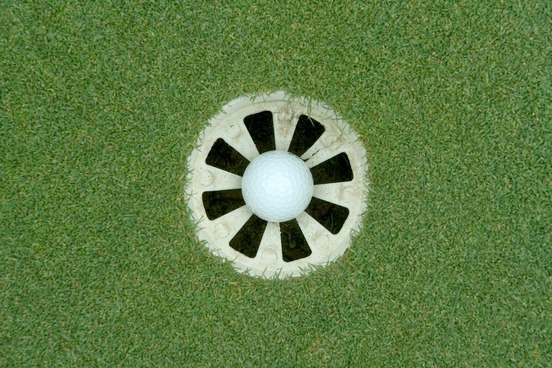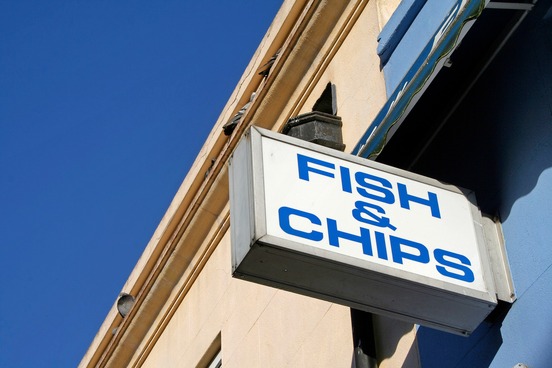
Dodgy
Although Merriam-Webster is a dictionary of American English, it contains a range of words rarely heard outside Britain. Here are more of our favourites.
Definition:
false or dishonest; causing a lack of trust or confidence
Example:
"Sadly, I am not at Glyndebourne, surrounded by hills and rolling sheep, by women in flowing dresses and men in dodgy bowties quaffing champagne and eating salmon sandwiches." - Stephen Moss, Guardian.co.uk, June 26, 2011
About the Word:
Dodgy comes from dodge, but where does dodge come from? Fittingly, no one knows: dodge has been evading explanation since the 16th century.

Shirty
Definition:
angry; irritated
Example:
"Nurses getting very shirty about out-of-hours visiting. Understandable, but they could be nicer about it." - Rich Watts on Twitter, April 10, 2011
About the Word:
Shirty comes from shirt as it's used in a few expressions that may have to do with undressing in preparation for a fight. If you get someone's shirt out, you make the person lose his or her temper. And if you keep your shirt on, you manage to remain calm.

Chuffed
Definition:
quite pleased; delighted
Example:
"I was ecstatic and my playing partners were chuffed for me. However, my friend who lent me his clubs is claiming that half the hole in one is his!" - Tim Fox, quoted on Worldgolf.com, June 13, 2011
About the Word:
Chuffed comes from the English dialect word chuff, meaning "pleased; puffed with fat." In current usage, the fat is gone and the pleasure remains.

Peckish
Definition:
hungry
Example:
"Peckish seagulls are causing carnage by ripping open rubbish sacks before binmen can collect them." - Clacton Gazette, June 17, 2011
About the Word:
Peckish has its origin in hungry birds pecking at their food.

Stroppy
Definition:
touchy; belligerent
Example:
"So when I resist meditating for a week or so, boy do I become stroppy and out of sorts." - comment on HuffingtonPost.com, December 12, 2009
About the Word:
Stroppy may be a shortened, altered version of obstreperous (which means "difficult to control and often noisy").

Dogsbody
Definition:
one who is obliged to do menial work; a drudge
Example:
"From running errands to washing up, prepare to be treated like a general dogsbody. Some interns dislike being treated like serfs and quit after a few days." - Jo on GraduatesAnonymous.com, February 2, 2011
About the Word:
Sailors who were fed pease pudding - dried peas boiled in a bag - nicknamed the dish dog's body, perhaps because of its shape. Later dogsbody was a nickname applied to midshipmen, who, being junior officers, did more than their share of drudgery.

Shambolic
Definition:
obviously disorganized or confused
Example:
"British singer Amy Winehouse, whose career has been blighted by alcohol and drug abuse... canceled all her scheduled concerts after she was jeered by fans in Serbia recently for a shambolic performance." - Mike Collett-White, Reuters, June 21, 2011
About the Word:
Shambolic probably spun off from shambles; it first appeared in print in 1970.

Wonky
Definition:
awry; wrong
Example:
"Master Jedi and purveyor of wonky syntax Yoda (Star Wars) has been known to impart wisdom of the rufty tufty variety..." - Daniel Bettridge, Guardian.co.uk, June 24, 2011
About the Word:
Wonky, which dates to 1918, probably evolved from wankle, meaning "unstable" or "unsteady." (As for the charming "rufty tufty," it generally means "rough" or "coarse.")
Photo: Barron Fujimoto / flickr

Bollocks
Definition:
nonsense
Example:
"You are wrong because your analysis is bollocks. Where did you get the notion that Tunisians and Egyptians have settled and accepted for the junta or old party governments?" - comment on Guardian.co.uk, February 22, 2011
About the Word:
This word is often considered vulgar in British English, so use it with caution. Bollocks comes from the Old English word for "testicles." Oddly, dog's bollocks is a slang term meaning "the best."

Hard Cheese
Definition:
tough luck (often used interjectionally)
Example:
"'A bit of hard cheese, those aneurysms!' He walked away and never mentioned the case again." - Frank T. Vertosick, When the Air Hits Your Brain: Tales from Neurosurgery, 2008
About the Word:
Although the origins of the phrase remain unclear, it may have originated in the disappointment of having your (otherwise soft) cheese turn hard and unpalatable.
Want more? Here's another list of our Favorite British Words.





